According to information from a number of medical facilities, the number of patients hospitalized due to upper respiratory tract infections has increased recently.
According to information from a number of medical facilities, the number of patients hospitalized due to upper respiratory tract infections has increased recently.
The prolonged rainy season in Ho Chi Minh City increases upper respiratory diseases such as sore throat, sinusitis, tonsillitis, and flu.
Constant weather changes, high humidity and strong spread of bacteria and viruses in the air are the causes of this condition.
 |
| According to information from a number of medical facilities, the number of patients hospitalized due to upper respiratory tract infections has increased recently. |
Doctors explain that the respiratory tract is a place where many pathogens can easily enter when breathing. Temperatures change suddenly from hot to cold or from sunny to rainy in one day, the body needs time to adapt.
During this process, the immune system can be weakened, making the body susceptible to attack by bacteria and viruses. A humid environment is a favorable condition for bacteria and viruses to grow.
Therefore, during the changing seasons and rainy season, respiratory diseases such as colds, sore throats, rhinitis, sinusitis, etc. break out and increase.
Upper respiratory tract infection is an inflammation of the upper respiratory tract including the nose, pharynx, throat, sinuses, and larynx - the organs that function to inhale air from outside the body, warm, humidify, and filter the air before it enters the lungs.
In addition, living and working spaces in rainy, humid weather that are not well-ventilated increase the risk of infection. Especially in closed spaces such as offices and schools, diseases can easily spread from person to person through the respiratory tract.
Pathogens are easily spread through respiratory droplets when a sick person coughs, sneezes, or talks closely; or if you touch a surface with bacteria or viruses and then touch your eyes, nose, or mouth, you can also easily become infected.
Master, Doctor, Doctor Truong Tan Phat, Head of the ENT Department, Tam Anh General Clinic, District 7, said that the immune systems of children and the elderly are often weaker and less able to fight off bacteria and viruses during the rainy season, making them more susceptible to disease.
In addition, people with a history of chronic respiratory disease, sinusitis, and bronchitis will be more sensitive to environmental influences, especially in the humid weather of the rainy season, and are also more susceptible to disease.
Ms. TTD (45 years old, District 7) came to Tam Anh General Clinic, District 7, with fever, headache, fatigue, toothache, runny nose, cough, and stuffy nose.
After examining, taking medical history, and performing an ENT endoscopy, Dr. Phat diagnosed Mrs. D. with chronic sinusitis and prescribed medication. Mrs. D.'s nasal passages were filled with a lot of pus, so the pus was drained from the sinuses to clear them.
Doctor Phat explains that cold air, high humidity, and many bacteria and viruses multiply, affecting the nasal mucosa, causing damage, inflammation, and swelling, leading to blockage of the sinus openings.
Cold rains trigger allergic sinusitis, making it worse. In addition, changes in air pressure and pollen after rain can also affect sinus pain.
When sinusitis recurs or the disease becomes worse during the rainy season, the patient needs to see a doctor for examination and timely treatment; avoid using old prescriptions or other people's prescriptions because it can make the disease worse and difficult to treat later.
To effectively treat sinusitis, patients need to be persistent and follow the doctor's instructions on medication regimen, not abuse or arbitrarily stop taking medication when symptoms have just stopped, leading to a more serious condition.
The rainy season comes with many health risks, especially upper respiratory tract infections.
However, knowing the cause and taking the right preventive measures will help reduce the risk of getting sick. “You should keep your body warm, especially your neck, chest, and legs, in cold, rainy weather; limit your body from getting wet from the rain, and quickly change into dry clothes if you get wet,” Dr. Phat noted.
To prevent upper respiratory tract infections during the rainy season, doctors recommend that people wear masks when going out, clean their nose and throat with saline solution daily, supplement vitamin C from foods such as oranges, lemons, grapefruits and eat a nutritious diet to keep their bodies healthy.
Make sure you get enough sleep and exercise regularly to boost your immune system. Keep your home well-ventilated and free of mold by opening windows and using a dehumidifier if necessary.
Regularly clean your home and personal belongings to limit the growth of bacteria and mold. Getting vaccinated against the flu helps reduce the risk of illness, especially for the elderly and young children.
Respiratory tract infections can start with mild symptoms, but if not treated properly, can progress to dangerous complications.
Therefore, if you have symptoms of sneezing, runny nose, stuffy nose, dry cough or cough with phlegm, sore throat, hoarseness, fatigue, headache, mild fever or prolonged fever, above 38.5°C, ... you need to go to a medical facility for timely examination and treatment.
Source: https://baodautu.vn/tang-cao-benh-nhan-mac-viem-duong-ho-hap-tren-d228753.html


![[Photo] Quang Binh: Bright yellow vermicelli flowers in Le Thuy village](https://vstatic.vietnam.vn/vietnam/resource/IMAGE/2025/4/6/80efad70a1d8452581981f8bdccabc9d)





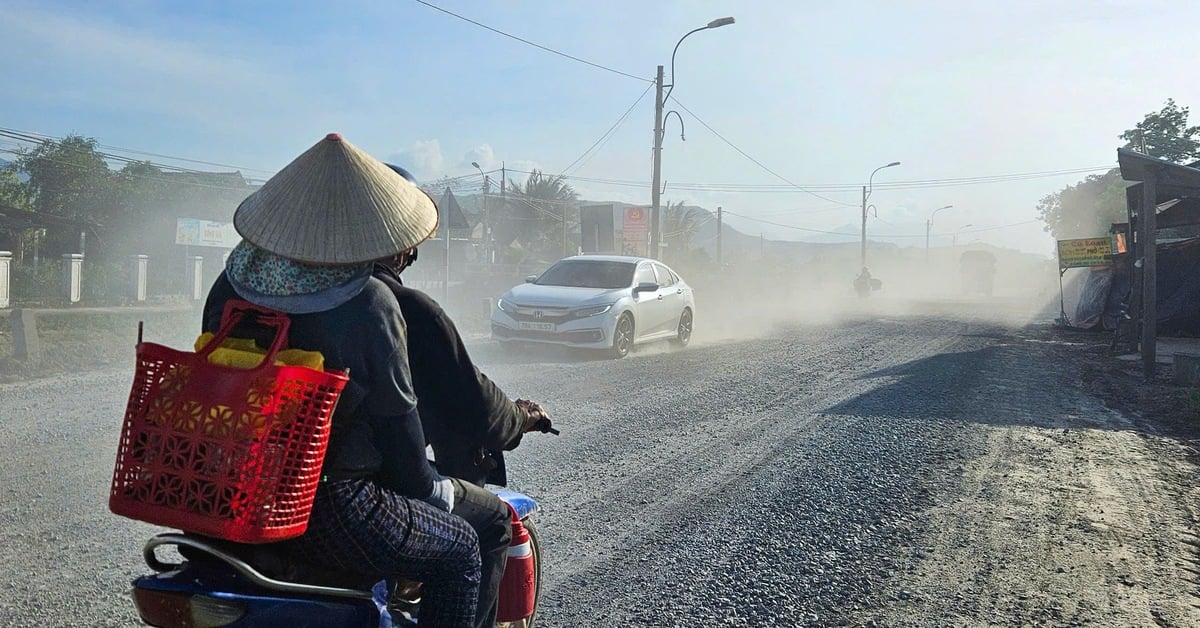




![[Video] Ministry of Health requires completion of electronic medical records by September 2025](https://vstatic.vietnam.vn/vietnam/resource/IMAGE/2025/4/6/4c35912e79384ccebc670333408701bb)













![[Photo] Prime Minister Pham Minh Chinh chairs meeting on US imposition of reciprocal tariffs on Vietnamese goods](https://vstatic.vietnam.vn/vietnam/resource/IMAGE/2025/4/5/9b45183755bb47828aa474c1f0e4f741)



















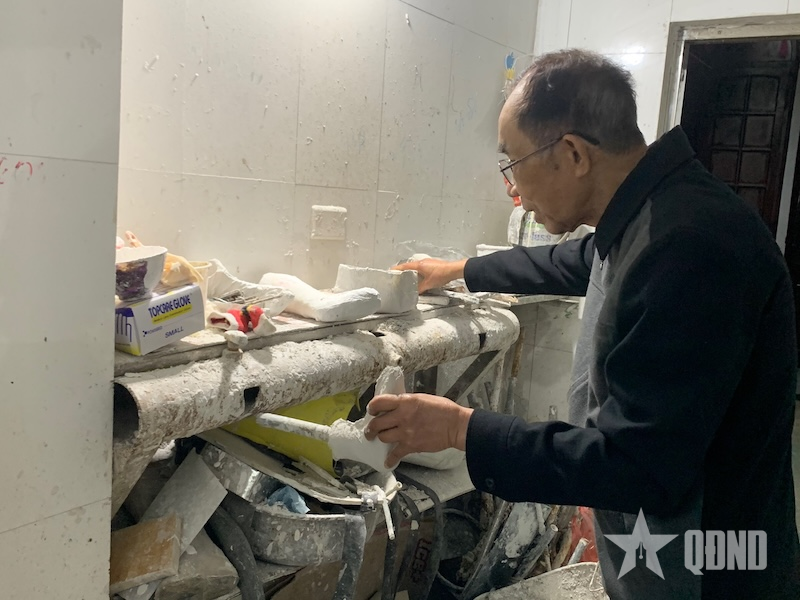




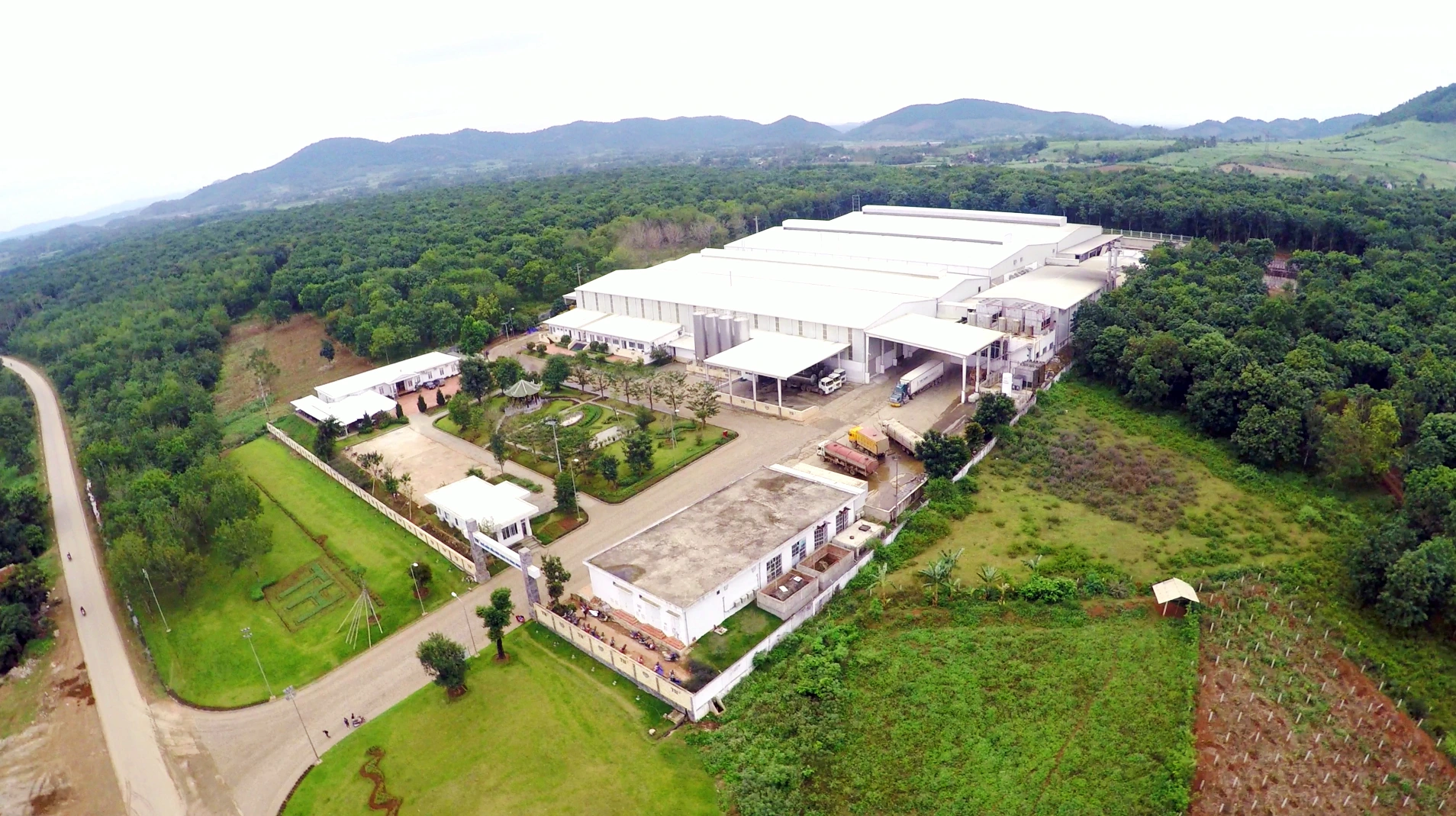










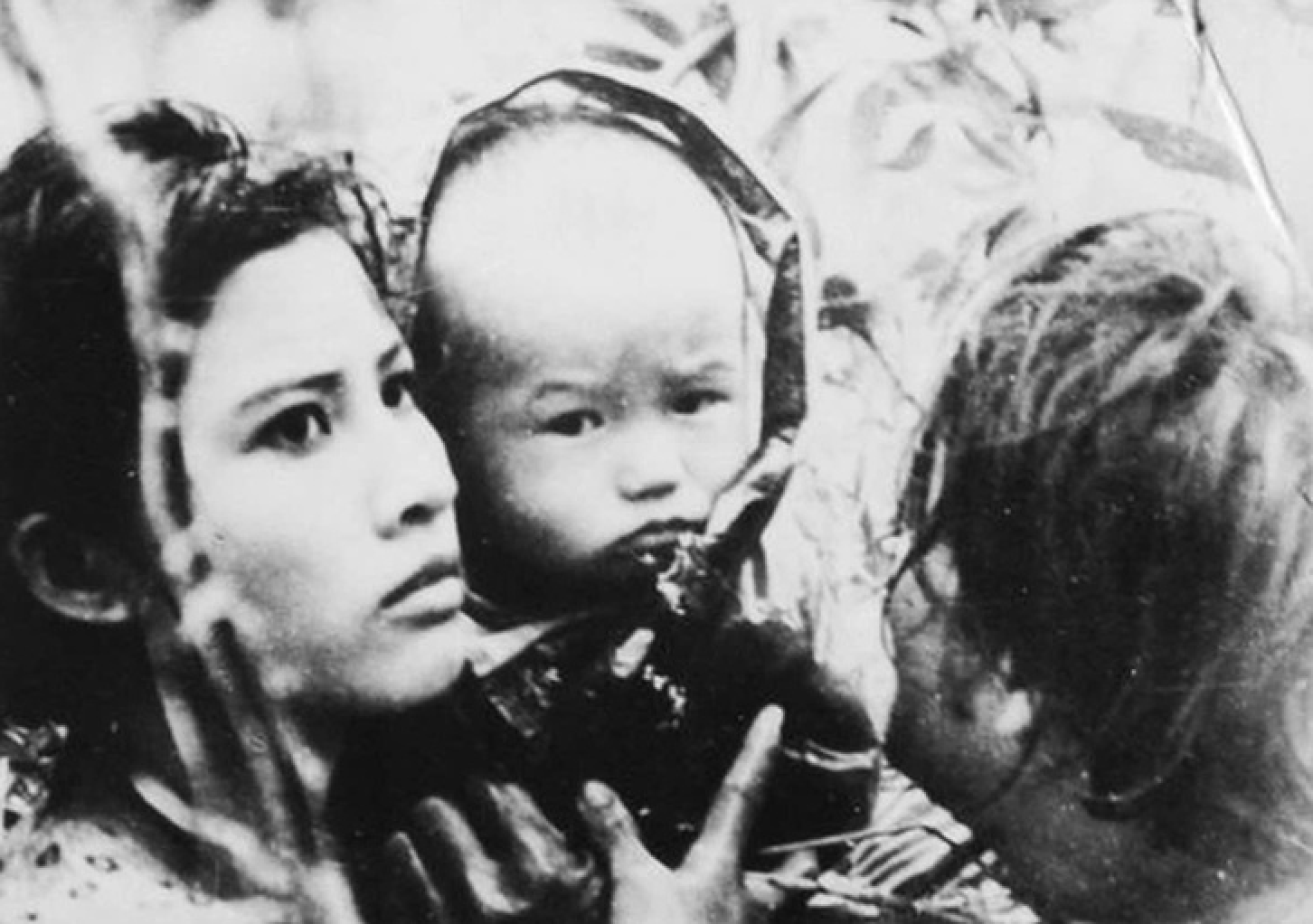






















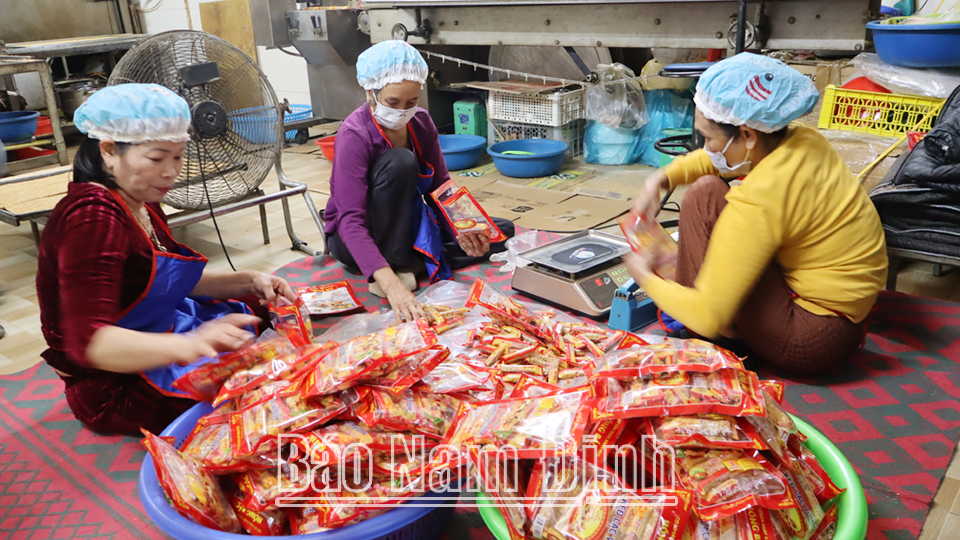





Comment (0)